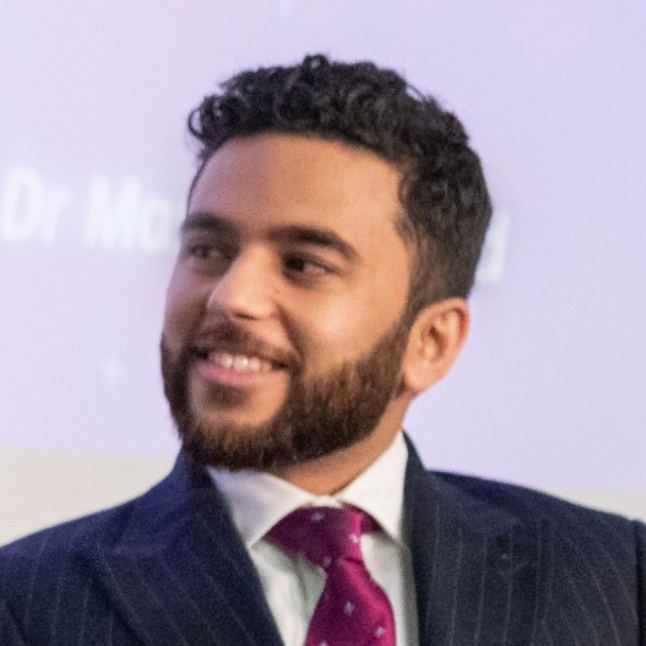
Qasim Malik
Fellow in Clinical AI, Cohort 2
Fellowship Bio
Qasim is a paediatrics postgraduate registrar in training at Birmingham Children’s Hospital. Following this AI fellowship, he has been successfully appointed to the NIHR Academic Clinical Fellowship Programme from September 2024 in AI research. He also volunteers as an executive director of a volunteer organisation and fellow for BMJ Leader. His interests are in the intersections of advocacy and innovation addressing the health needs of underserved communities alongside medical leadership.
Fellowship Project
Medical Algorithmic Audit of skin cancer detection tool
University Hospitals Birmingham NHS Foundation Trust
The goal of the project was to complete an evaluation of AI software that had been used in a NHS trust to help detect skin cancer. The project used a framework called the medical algorithmic audit to evaluate the artificial intelligence product and ensure it was safe and effective and help our local NHS trusts evaluate its use and implementation. I contributed to an error analysis, this was part of the algorithmic audit, or evaluation. We used a tool to try and judge how good the tool was at picking up different cases of skin cancer. My role was to assess the comments from the clinicians who had also looked at the images that the skin cancer detection tool was assessing, and analyse these comments. I also then reviewed the risk matrix as part of the medical algorithmic audit including contributing to the review of the final report and poster. I have also been involved with other elements of the work undertaken by UHB AI and digital team including two conferences with key stakeholder attendance and projects that explore the role of responsible AI and engaging patients and the public. The data was collected from the hospital and developer and analysed. An error analysis was done as part of the broader evaluation process of the algorithmic audit which included looking at the documentation and literature provided by the developers. The medical algorithmic audit for this specific tool assessing/detecting skin cancer has now been completed and a report is being finalised. The findings have been presented at a conference. I am now working on using the same evaluation tool (medical algorithmic audit), however using it to assess an AI imaging tool that helps to detect breast cancer.
Fellowship Testimonial
This fellowship has allowed me to gain the experience, skills and knowledge in the field of artificial intelligence. By attending the masterclasses I have been able to gain awareness of the different models of AI implementation and life cycle in NHS trust around the UK. Alongside having been deployed to a local centre of excellence in AI research I have been fortunate to develop a research interest in the evaluation of safe and effective artificial intelligence. The most enjoyable part of the fellowship has been networking with other like-minded individuals and being able to attend the masterclass days in London and especially in other centres of excellence such as Birmingham and Oxford. Hearing from a wide array of speakers from different disciplines and areas of interest has led me to develop my own interest and appreciate the diverse career pathway for those specialising in artificial intelligence. The different stakeholders from regulators, industry, NHS trusts and developers has allowed me to gain a wider appreciate of AI and how it fits more broadly into healthcare and policy. I hope to use the skills gained in this fellowship to develop my future career, honing on this niche area. My specialist training as a paediatrics registrar together with the leadership and research skills gained in this fellowship will put me in the unique position to advocate for the use of safe and effective artificial intelligence in underserved populations and speciality, including but not exclusive to paediatrics. The networking and opportunities that this fellowship has allowed me to benefit from will be essential as I seek to develop a leadership role in implementing and deploying safe and effective artificial intelligence as part of patient centred care.